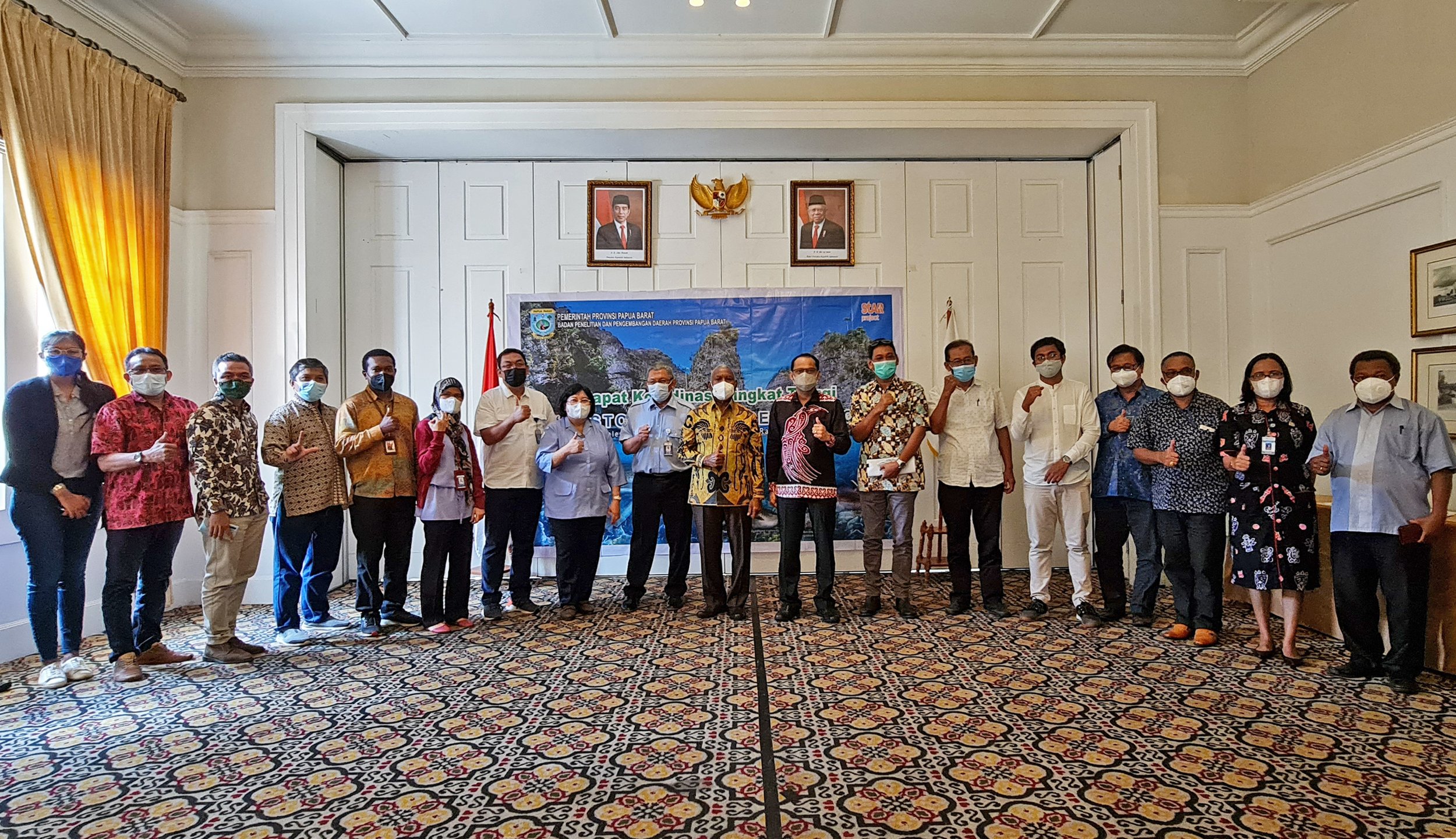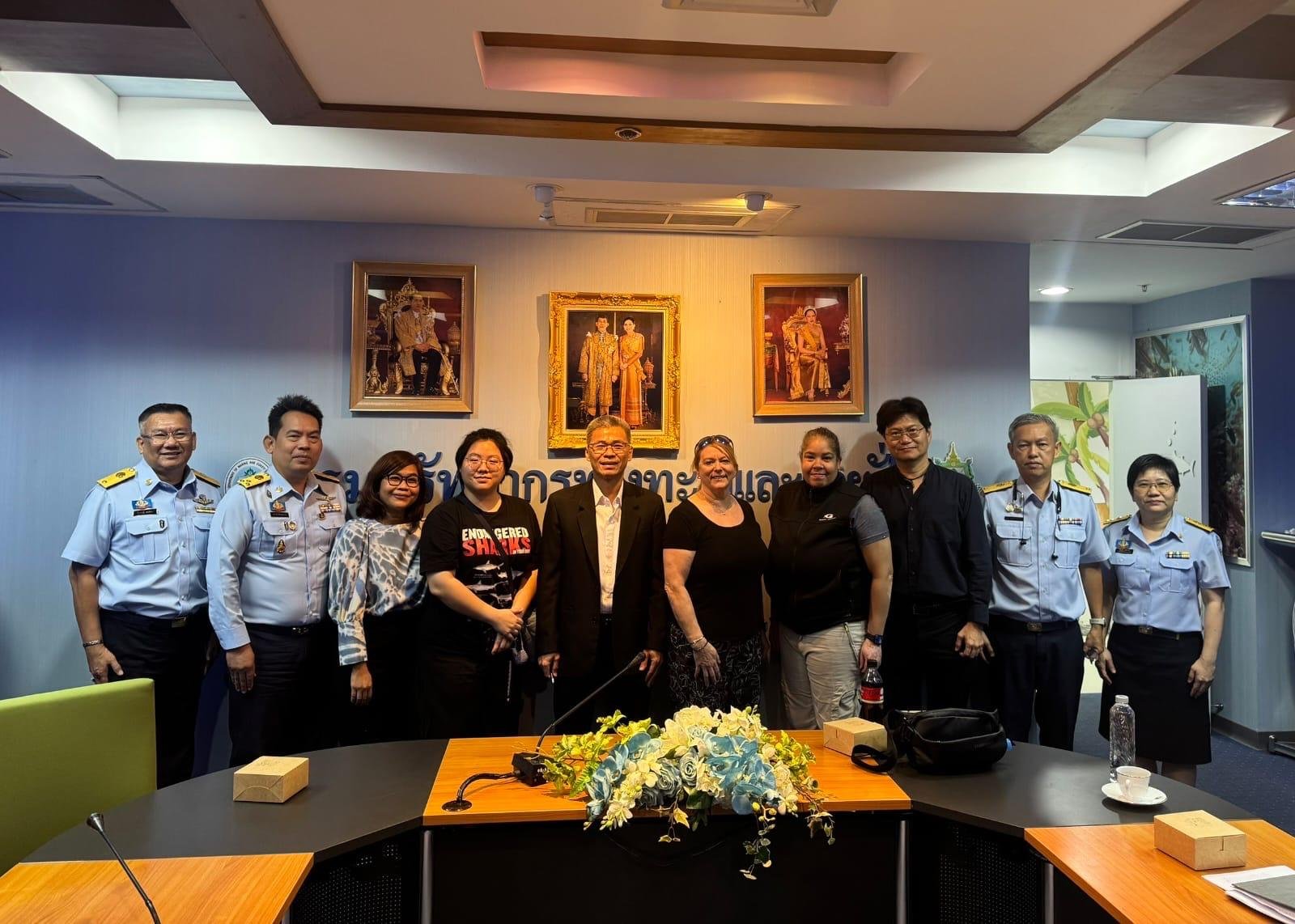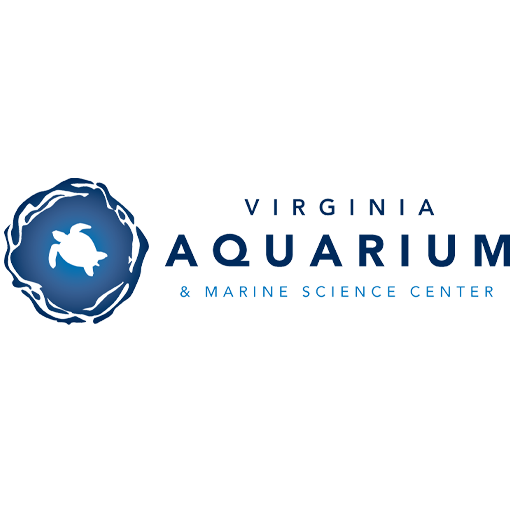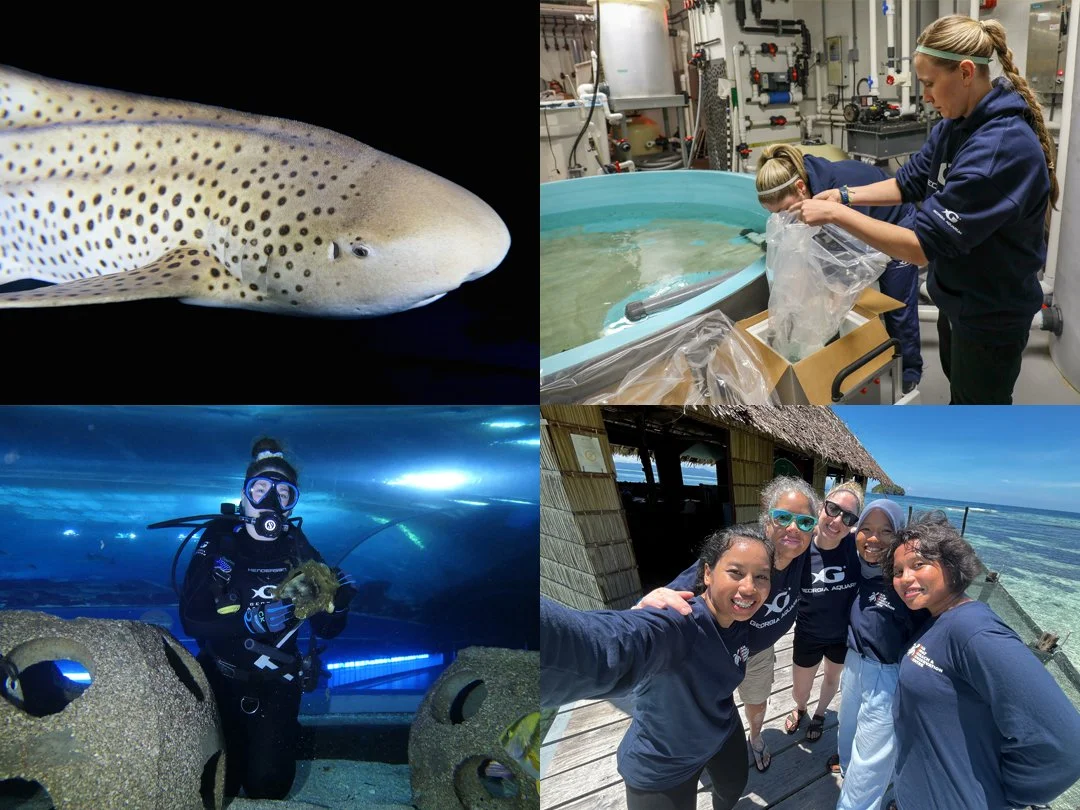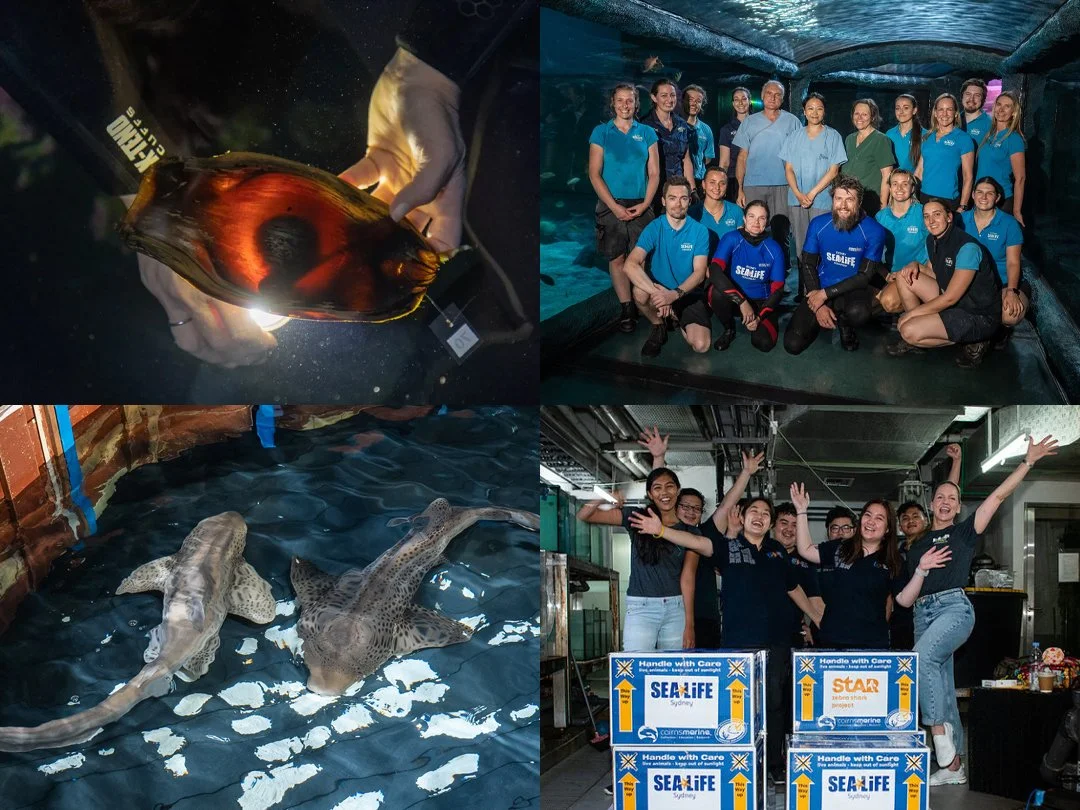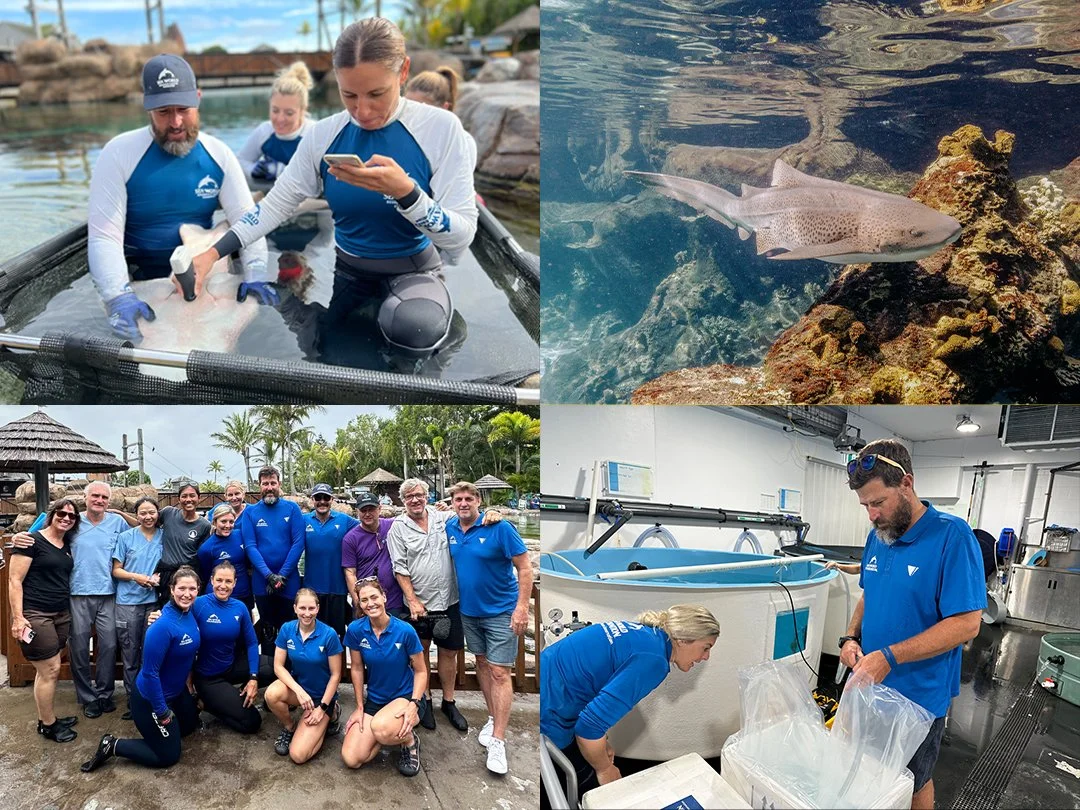
The Stegostoma tigrinum Augmentation and Recovery Project (StAR Project) is a global effort to restore populations of the endangered Indo-Pacific leopard shark (Stegostoma tigrinum) in regions where the species has disappeared or dramatically declined due to overfishing and habitat degradation. The species was recently re-assessed on the IUCN Red List in 2024 and remains listed as Endangered, confirming the urgency of conservation action.
The species is known to comprise two distinct subpopulations separated by the Indonesian Throughflow Current, which coincides with the biogeographic break known as the Wallace Line. Since 2020, two independent country-level projects have been established: StAR Project Indonesia, which focuses on re-establishing the eastern subpopulation of the species in Raja Ampat, and StAR Project Thailand, launched in 2024, which aims to restore the western subpopulation in Phuket and surrounding Thai waters.
In Raja Ampat, a comprehensive Population Viability Analysis (PVA) was conducted early in the planning phase to evaluate the potential for re-establishing a self-sustaining population. This scientific groundwork informed the design of release strategies, nursery placement, and long-term monitoring.
Following a pivotal 2019 workshop hosted by Georgia Aquarium, the StAR Project was officially launched in 2020. It became the world’s first conservation translocation program for a shark species, uniting global expertise in captive breeding, genetics, husbandry, and species repopulation.
Today, the StAR Project serves as a proven model for combining ex-situ and in-situ conservation, built on the IUCN’s One Plan Approach and aligned with the IUCN Species Survival Commission’s guidelines for using ex-situ methods in species recovery. Every shark selected for breeding undergoes rigorous screening for genetic provenance and reproductive viability to ensure the long-term health and sustainability of wild populations.
Only viable eggs from approved breeding aquariums are translocated to in-situ nursery facilities, where they are carefully hatched and nurtured by local aquarist teams. Once mature, the sharks are tagged and released into the wild.
The StAR Project features a comprehensive post-release monitoring program designed to track the progress of reintroduced sharks and ensure their successful adaptation to the wild, utilizing active acoustic telemetry combined with citizen science efforts.
Through active outreach programs, the StAR Project engages and empowers local communities, fostering awareness and encouraging direct involvement through initiatives such as school internships and food collection efforts, all aimed at creating a sense of stewardship.
Additionally, research on healthy Indo-Pacific leopard shark populations in regions like New Caledonia and Australia provides valuable insights into the species' health, behavior, and ecology. Ongoing collaborations with post-graduate researchers exploring critical aspects such as nutrition, habitat use, and other ecological factors further informs the development of the StAR Project and helps refine conservation strategies for long-term success.
What began as a bold idea is now a multi-country collaboration involving aquariums, NGOs, scientists, governments, and local communities. The StAR Project is redefining what’s possible for shark conservation, serving as a model for rewilding other threatened shark and ray species.
105
Global Partners
12
Approved Breeding Institutions
2
Country Projects
StAR Project Founders
Steering Committee
-

DR. ERIN MEYER
2020 - Present
Co-Chair, StAR Project Steering Committee -
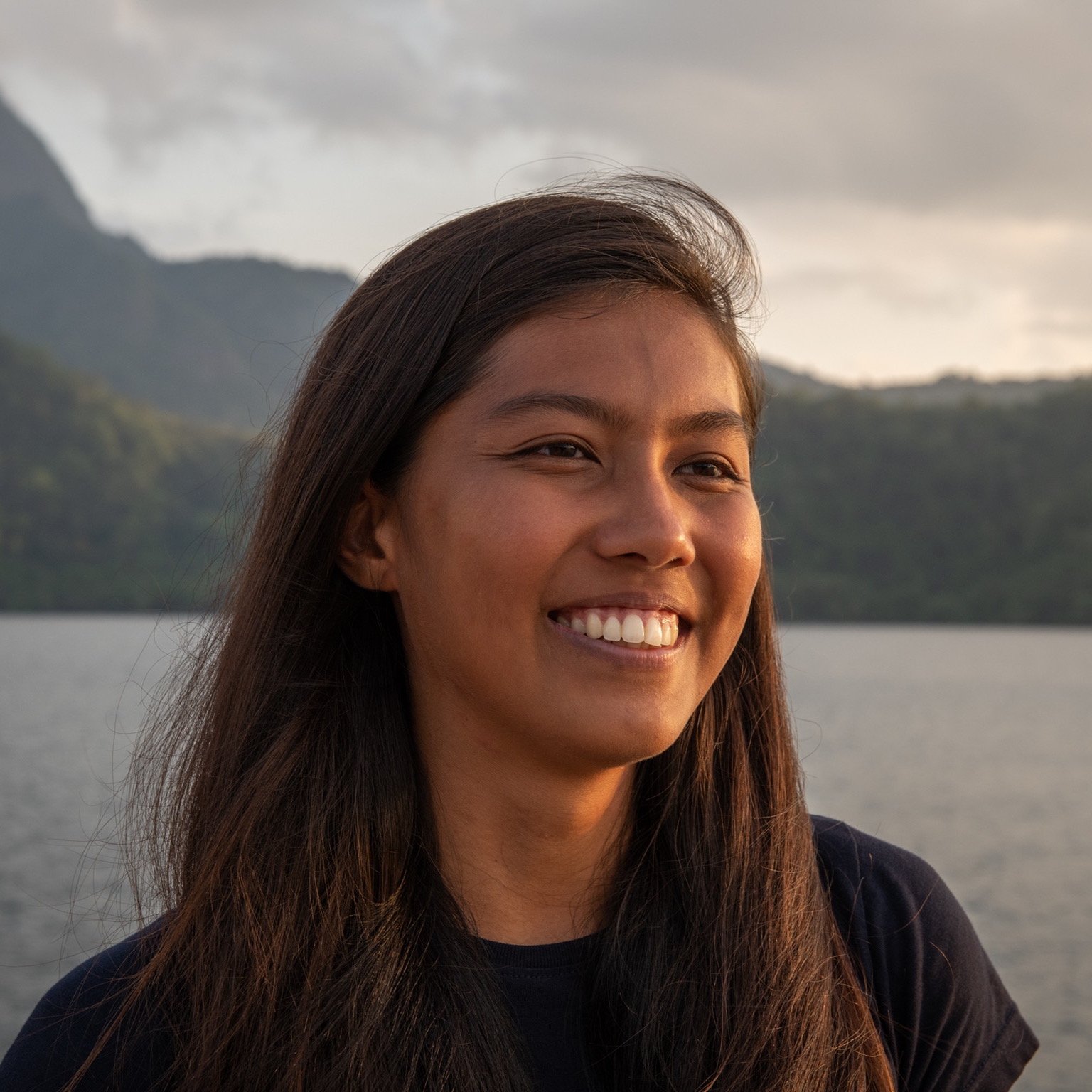
NESHA ICHIDA
2020 - Present
Co-Chair, StAR Project Steering Committee
Project Manager for StAR Project Indonesia, Thrive Conservation -

ABRAHAM SIANIPAR
2020 - Present
Co-Founder and Executive Director, Elasmobranch Institute Indonesia -

DR. ALISTAIR DOVE
2020 - Present
Chief Executive Officer, Museum of Science & History -
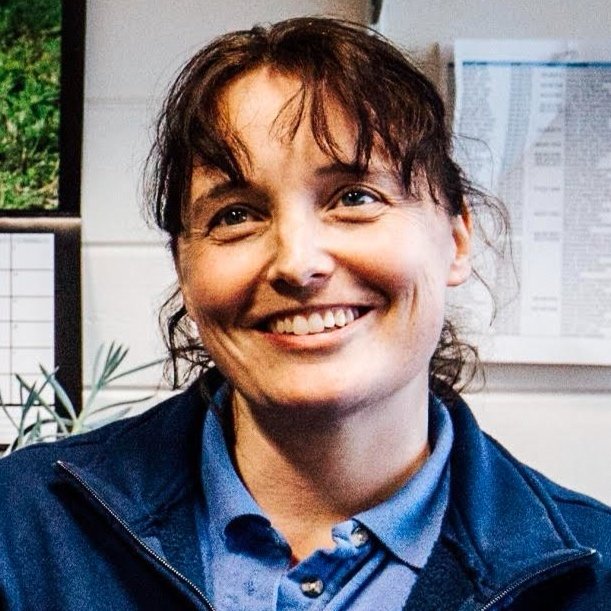
DR. CAITLIN HADFIELD
2023 - Present
Chair, StAR Project Veterinary Working Group
Director of Animal Health, Seattle Aquarium -

DR. CHRISTINE DUDGEON
2020 - Present
Co-Chair, StAR Project Research Working Group
Senior Research Fellow, University of the Sunshine Coast & Biopixel Oceans Foundation -

DAVID APARICI PLAZA
2025 - Present
Animal Programmes and Conservation Coordinator, European Association of Zoos and Aquaria (EAZA) -

LEAH NEAL
2023 - Present
Chair, StAR Project Husbandry Working Group -

DR. MARK ERDMANN
2020 - Present
Executive Director of ReShark & Shark Conservation Director, Re:wild -

MAY METAVEE CHUANGCHAROENDEE
2024 - Present
Project Manager for StAR Project Thailand, WildAid -

MOCHAMAD IQBAL HERWATA
2020 - Present
Focal Species Conservation Senior Manager, Konservasi Indonesia
Approved Breeding Institutions & Nursery Facilities



